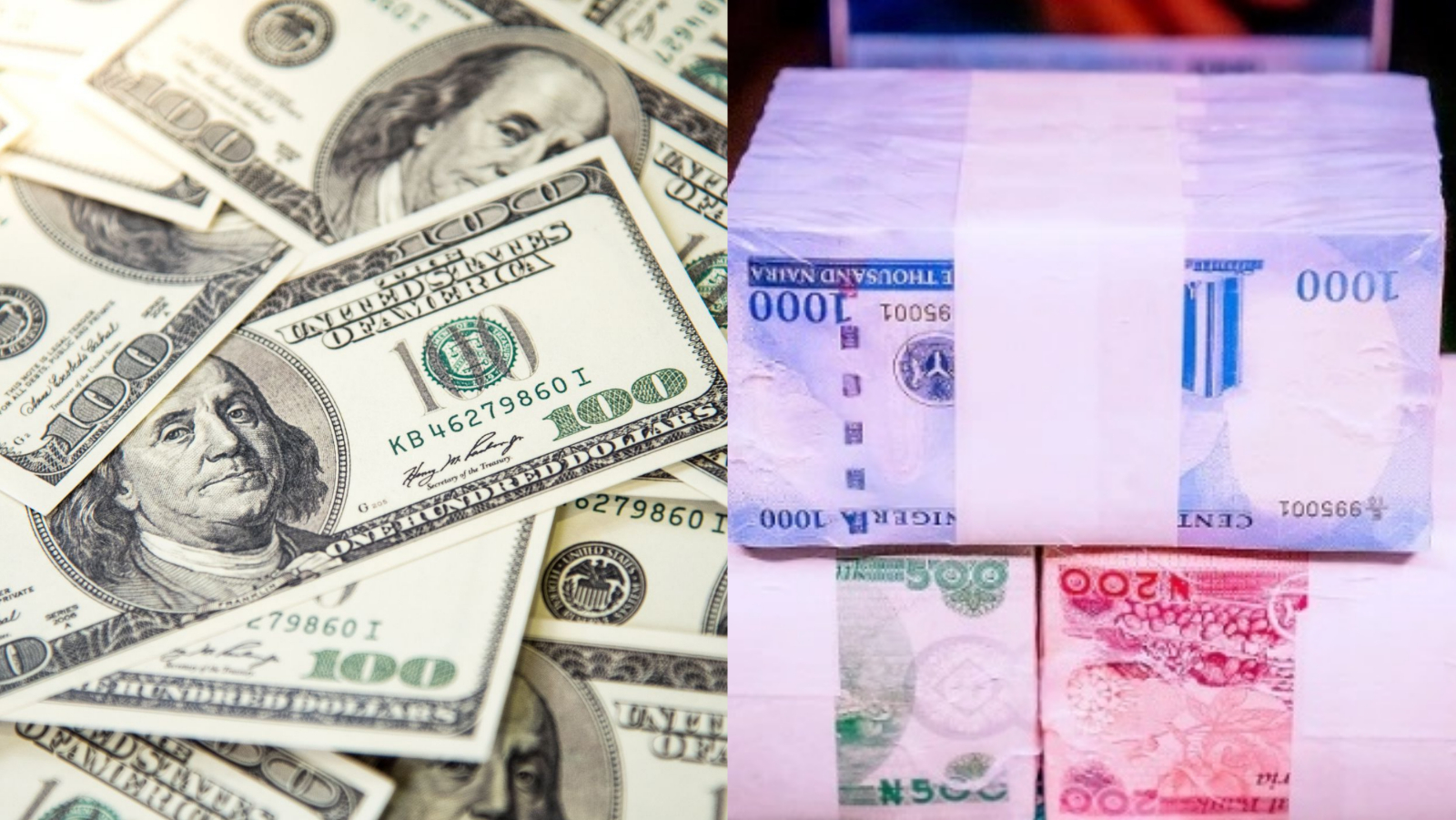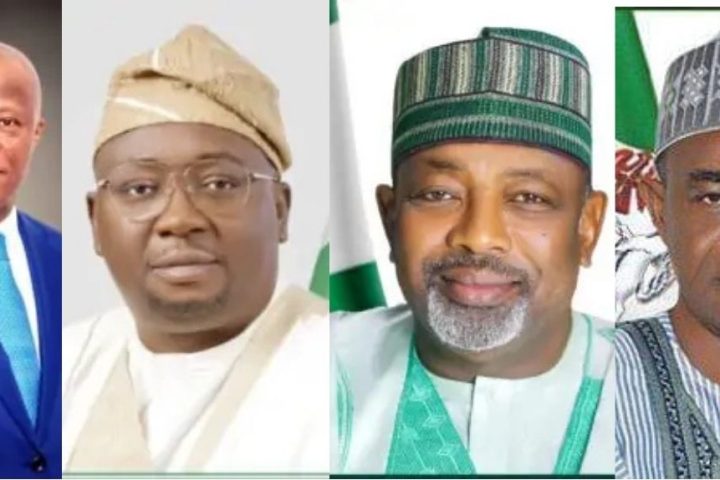The Naira extended its gain against the United States Dollar to the third day of trading in the official market, as the foreign exchange (forex) rate between both currencies closed at ₦462/$1 on Thursday, 27 April.
Prime Business Africa previously reported on Wednesday, 26 April, that the Dollar was sold at a closing price of ₦462.13. This was also below the ₦463.44/$1 exchange rate reported on Tuesday, 25 April.
Join our WhatsApp ChannelAccording to data obtained from FMDQ Exchange, before the exchange rate settled at ₦462/$1, the value of the Dollar rose as high as ₦466 and as low as ₦460 during trading on Thursday.
Between Wednesday and Thursday, the value of the Naira appreciated by 0.02 per cent, with the cost of the Dollar falling by N0.13 kobo.
While the upward swing of the Naira has been stable, the supply of foreign exchange has not been consistent, fluctuating in the past few days.
On Thursday, traders transacted $66.03 million worth of foreign exchange in the Investors’ and Exporters’ window of the official market.
This contrasts the $119.97 million foreign exchange which was transacted during the previous session. This reflects a $53.94 million or 50 per cent decline in the value of transactions. On Tuesday, the forex transacted was $62.69 million.
Companies have been complaining of their inability to access foreign exchange and the high cost of buying the forex, stating that it is affecting their operations.
MTN Nigeria Chief Executive Officer, Karl Toriola, had stated that its supply chain and capital expenditure were impacted by exchange rate volatility and the availability of foreign currency.
“supply chains were compounded by exchange rate volatility and the availability of foreign currency needed for capex,” Toriola said in the financial statements for the first quarter of 2023.
Aside from him, the Managing Director of 11 Plc, formerly Mobil Oil Nigeria Plc, Tunji Oyebanji, had also complained that the foreign exchange scarcity will affect fuel importation when the government removes fuel subsidy and allows companies to import petrol into the country.
‘‘If we are to start importing petrol today, are we going to be getting exchange rate at the official price or we have to source from the black market at over N730 to a Dollar as against the official price of N450 to a Dollar. If it is to be sourced at the black market that means it will shore up the price of petrol and Nigerians must be prepared to pay this price,” Oyebanji said in March.

















Follow Us